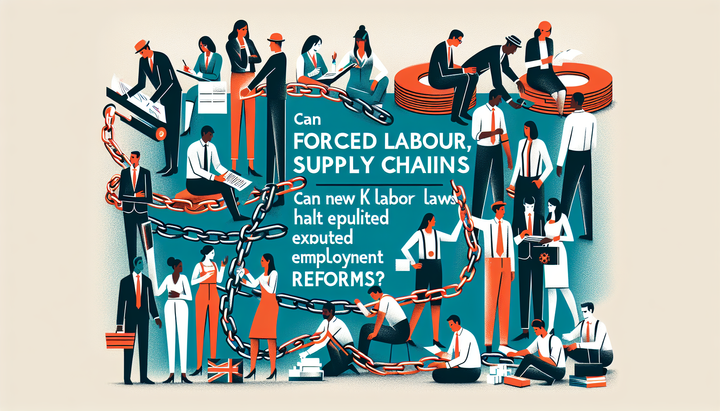Brexit Impact: UK Loses £27bn in Trade During Initial Two Years

Impact of Brexit on UK Trade
The departure of the United Kingdom from the European Union, commonly referred to as Brexit, has been a topic of intense debate and analysis. Recent studies conducted by the London School of Economics (LSE) have shed light on the substantial economic consequences faced by the UK in the first two years after fully exiting the EU. According to the most comprehensive review carried out since Brexit, conducted by researchers from LSE's Centre for Economic Performance, the UK has experienced a £27 billion loss in trade within this period.
Trade Barriers: A Challenge for Small Businesses
The research highlights that the introduction of trade barriers has significantly impacted the smaller businesses within the UK, which have faced considerable challenges trading with EU nations post-Brexit. The findings underscore a reduction in British goods exports by 6.4% and a decrease in imports by 3.1% by the end of 2022. This decline highlights the broader trade disruptions caused by Brexit, further emphasizing the obstacles faced by enterprises in maintaining cross-border trade relationships.
A Limited Overall Impact: Insights From Economic Forecasts
Despite the drastic figures, the overall impact on trade has been somewhat limited compared to the original projected outcomes by the Office for Budget Responsibility (OBR). Initial projections forecasted a potential 15% drop in trade, leading to a 4% reduction in national income over the long term. However, the CEP researchers found that the decline in goods trade was considerably less severe during the first two years, challenging the longer-term projections previously set by economic forecasters.
Economic Resilience and Future Negotiations
The findings, which reflect a measure of resilience in the UK's economy despite significant challenges, suggest a need for strategic negotiations aimed at mitigating these trade barriers. Rachel Reeves, a notable figure in UK politics, is likely to welcome these insights, urging the chancellor to prioritize lowering trade barriers to prevent further economic damage. As negotiations for the next phase of the Trade and Cooperation Agreement (TCA) are set to begin next year, the UK government faces pressure to negotiate terms that would ensure better trade facilitation with its European partners.
Long-Term Prospects and Anticipated Adjustments
The studies emphasize the necessity of revisiting economic forecasts made by the OBR, as the relatively encouraging prospects might lead to revised growth predictions. It will be imperative for both the UK government and businesses to strategize effectively as they face continuing challenges in the evolving trade landscape post-Brexit. The coming years will be critical in determining the long-term impacts on the UK's trade relations and overall economic stability as policymakers seek solutions to enhance trade partnerships that can foster economic growth.



Comments ()